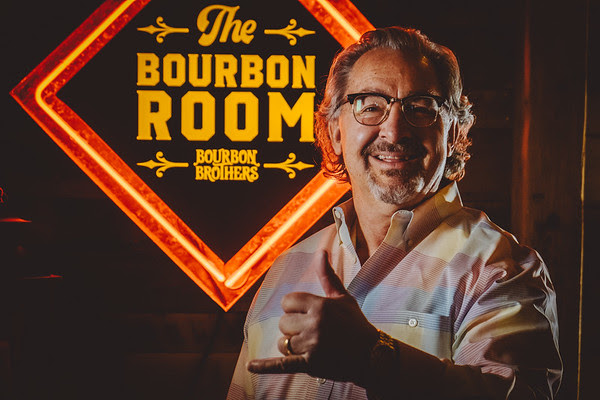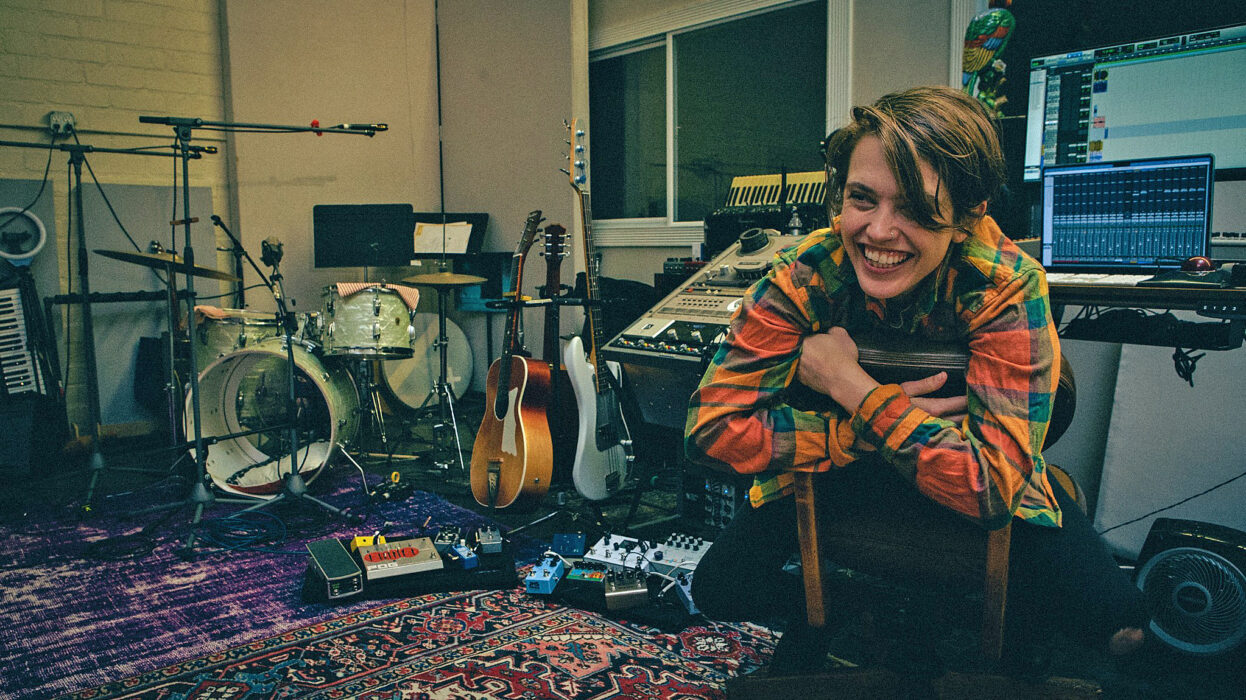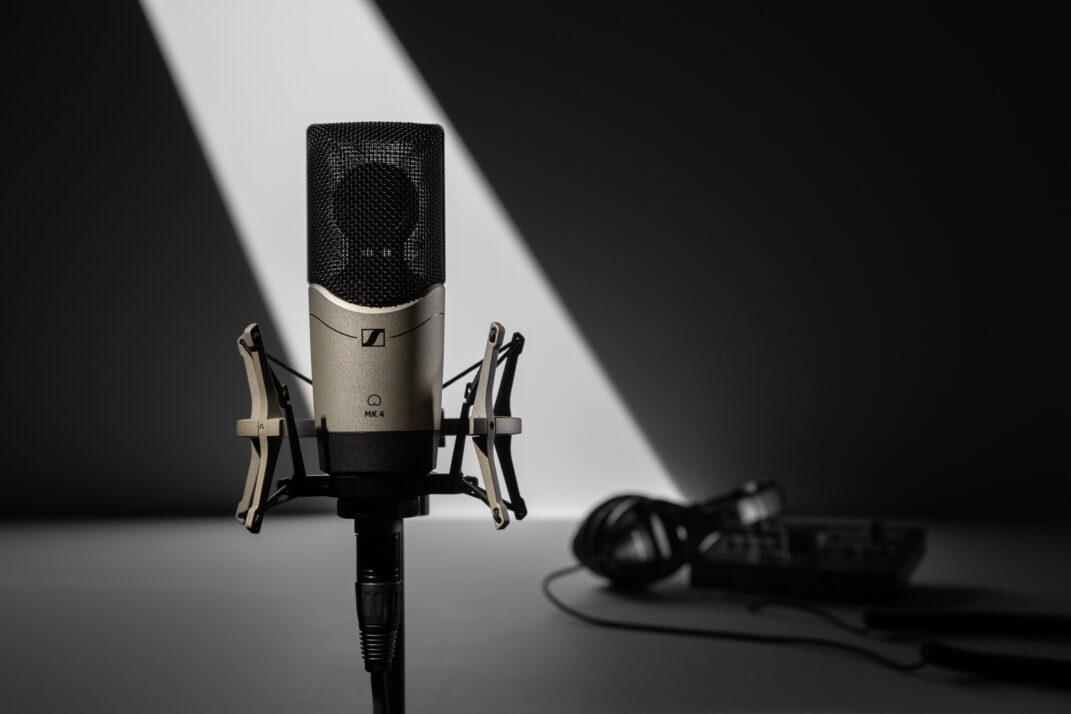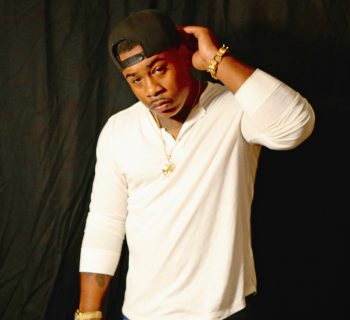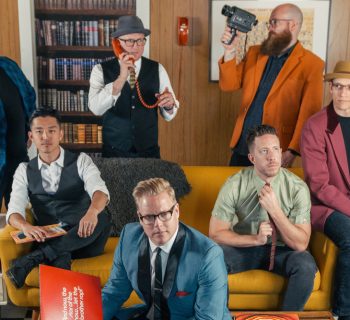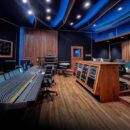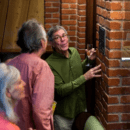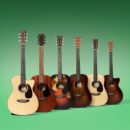J.W. Roth
Founder and Chairman
Notes Live
Years with Company: 8
Address: 1755 Telstar Dr., Suite 501, Colorado Springs, CO 80920
Phone: 719-895-5483
Web: noteslive.vip
Email: info@noteslive.vip
BACKGROUND
One of the creators of an extremely successful food business, J.W. Roth has earned more than enough money to retire. Instead of calling it quits, he decided to chase a dream. As the brainchild behind Notes Live, he’s taking over the country one city at a time, including Oklahoma City, with a new breed of concert venue. The company recently retained investment house Maxim as its exclusive banker.
Shifting Focus and Changing Hands
I’m a founder at Roth Premium Foods. We’re the third largest prepared foods company in the United States. While I still am the controlling shareholder, I no longer work there. My son took over and I started Notes Live.
I’ve been a music nut since I was a kid. Back in the day when I couldn’t afford a ticket, I used to sneak into almost every place I would go. Music has always been my passion, even though I don’t play. I always had in the back of my mind that I wanted to build venues I would enjoy.
Tasty Beginnings
I started with a small campus here in Colorado Springs consisting of Bourbon Brothers Smokehouse & Tavern. I’ve been a bourbon connoisseur my whole life. I enjoy collecting not only music memorabilia but also bourbon, so I built a boutique bourbon room.
Next to it, I built an indoor, 1,400 cap room that caters to a demographic I thought would enjoy experiencing music with extra ambience - cocktail service, high-end menus, bathrooms that you’ll never stand in line for, parking that is super convenient.
Coming Soon Everywhere
We’re opening in Gainesville, Georgia in about four weeks. [Open as of July 7th.] I built it around the idea of an old distillery. It’s a campus that sits on an entire city block. It encompasses both a Boot Barn Hall and a Bourbon Brothers Smokehouse & Tavern. The Boot Barn Hall is all-brick, it has beautiful outdoor areas and bandstands and bourbon rooms. It’s got an indoor, 18,000 square foot floor and a big horseshoe balcony that overlooks the stage.
We’re getting ready to build in Murfreesboro, Tennessee on the Stones River. It’ll be the exact building that I’m building in Gainesville, Georgia. And then [there’ll be] a 4,500-foot outdoor amphitheater with 60 fire pit suites. I want people to feel like they’re sitting in their living rooms or on their back patios while watching our shows.
The one I’m building in Colorado Springs, Colorado opens in May of ’24. It consists of 90 fire pit suites that sit eight people each. It’s got a capacity of 8,000. We’re in the process of developing a 24,000-seater in Fort Worth, Texas that will consist of 168 fire pit suites, not to mention 18 luxury suites. My vision is to build 10 of these over the next 60 months. I’m not doing it to be competitive with anybody. I’m doing it because I love it.
Choosing Spots
Every site has to be in a location that is home to a demographic we believe will pay a small premium to enjoy music in an ambience they wouldn’t find anywhere else.
The second thing is I want to find locations where there are not a lot of options. Now, there are options in almost every market where we’re building, but they’re not options that would necessarily compete with us. For example, in Colorado Springs there isn’t an outdoor amphitheater. [Regarding] Gainesville, anywhere within an hour north of Atlanta there just isn’t anything that would be competitive.
And the third piece we look at is route-ability. We’re very close to signing a partnership, so [we need places that are] route-able with that partner.
The Experience Is What Matters
I never start with what financially makes sense. I always start with what is attractive to the consumer. I didn’t start this to be the most profitable guy in the world; I started this to be the best in the world. So while each of these [venues] will generate significant revenue, I don’t start off thinking that way.
In my food business, I did the same thing. If I build a really good product, the customer will buy it. If you start off with “How do I make the most money?” you’ll always fail. I start off product-in-mind and worry about the finance later.
Spacing Out
Space per square foot is important. When you come into one of my amphitheaters, you’ll find that the seats in the lower bowls are all 21”. Over 8% of my amphitheaters are luxury suites. The lawns are larger and more comfortable. The one thing my wife hates more than anything is standing in a long line for the bathroom. So if the regulation says it’s one stall to X people, we would be 1.25 to X.
A Superior Experience
I want you to come to one of my venues and go, “That was an awesome show.” And then I want you to talk about all the parts that made it an awesome show. Sightlines are important to me. V.I.P. lounges are important to me. I want the guy sitting on the lawn to say, “That was an elevated experience, and we had the least expensive ticket. We were treated better than we’ve been treated anywhere else.”
Being a Good Neighbor
With the entitlement process, you’re not just dealing with the government and the building departments. You’re also dealing with the folks that live near your venue. It’s important that I spend time with those neighbors and help people understand what we’re building, why we’re building there, and how we’re going to be good neighbors.
Safety First
We have a former FBI agent that oversees all the safety. We look at safety in three different ways. The first is preplanning what happens in the event there is an issue.
Number two is how we keep that issue from happening. How do we keep guns out of our venues? There are no backpacks or trench coats. You’re going to get wanded. We’re going to go through your purse. We are proactive.
And then the third piece is - how can somebody hurt us from the outside? Balconies, windows where people can see into our stadium… We have gone overboard in making sure that not only do you have a great experience but also that you are safe.
Giving Young Artists a Chance
We have small rooms like Notes Bar that are 400 people. Then we have halls that run 1,400 to 2,000 cap rooms. And then we have our amphitheaters, which are from 4,500 to 24,000. In each of those venues, we have set aside 15% to 20% for artists that are up-and-coming. It’s harder in our bigger venues, because our partner controls so much of that talent. But in the smaller rooms we own, it’s easier and we’re committed to that.
The Second-Hand Ticketing Problem
When you have the venue, promoter, customer and artist all in sync, things work. But as soon as you introduce some outside party, all of a sudden you are taking money out of the artist’s pocket and driving up costs for your customer. I am [in favor of] the customer not being gouged. And I’m a proponent of venues and promoters being able to make a living. I am hell-bent that those who have skin in the game should be making the rules.
An Ownership Opportunity
We’re in the process of becoming a public company. I decided to do that because I want our fans to feel like they own [our venues]. I was that guy who always wanted to own something and didn’t have the money to do it. If I’d had the ability to own a piece of [something], I would’ve done it in two seconds.
Let Passion Be Your Guiding Force
I have always found you will make more money if you let passion drive you than if you let money drive you. It’s that simple. I don’t care if you’re making food or selling tickets or building an entertainment company. If you let passion drive you, you’ll win. •

